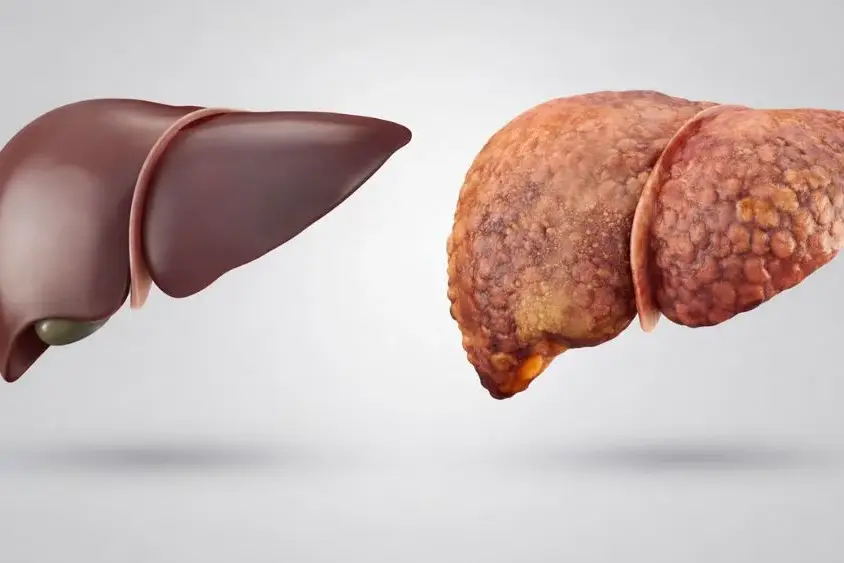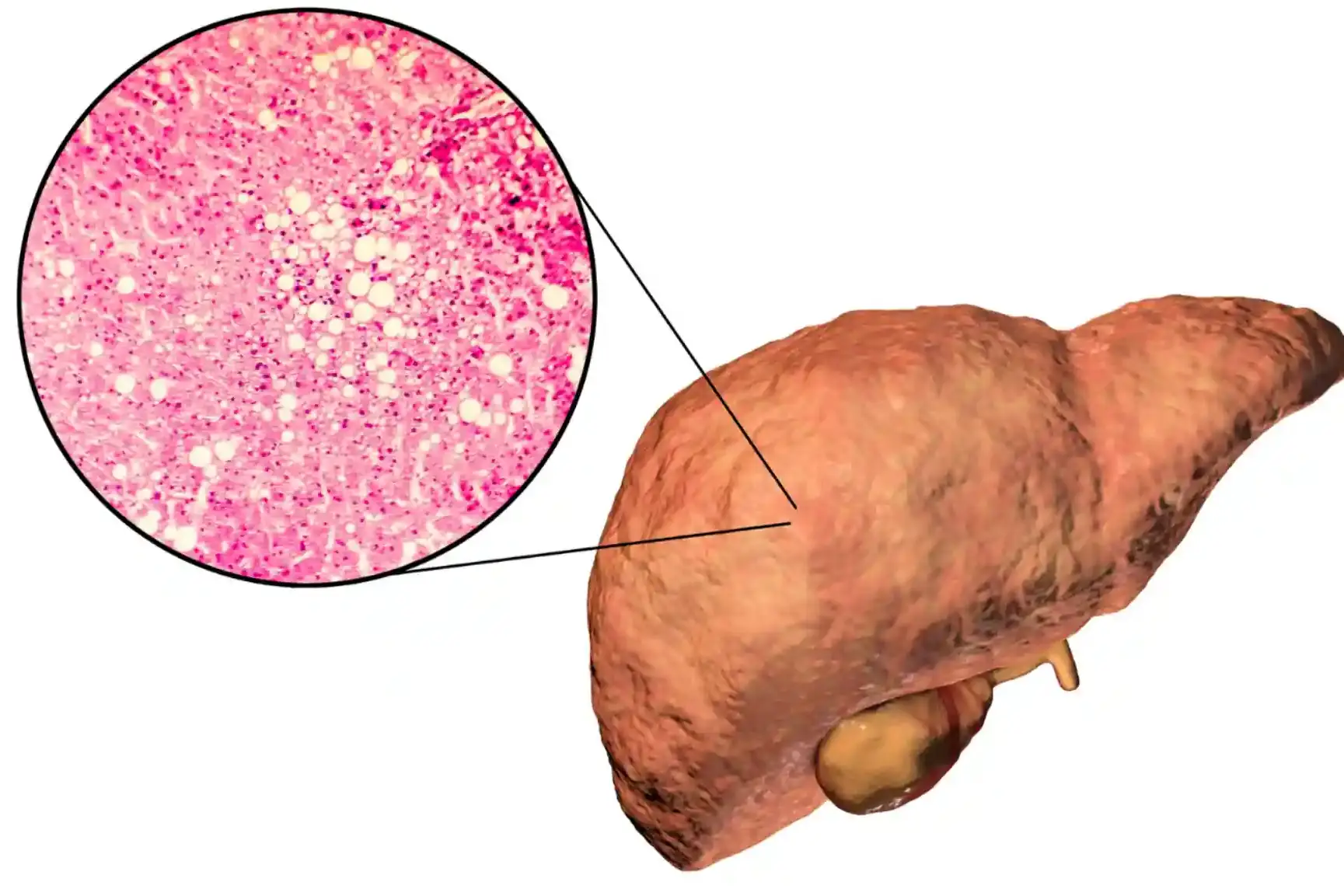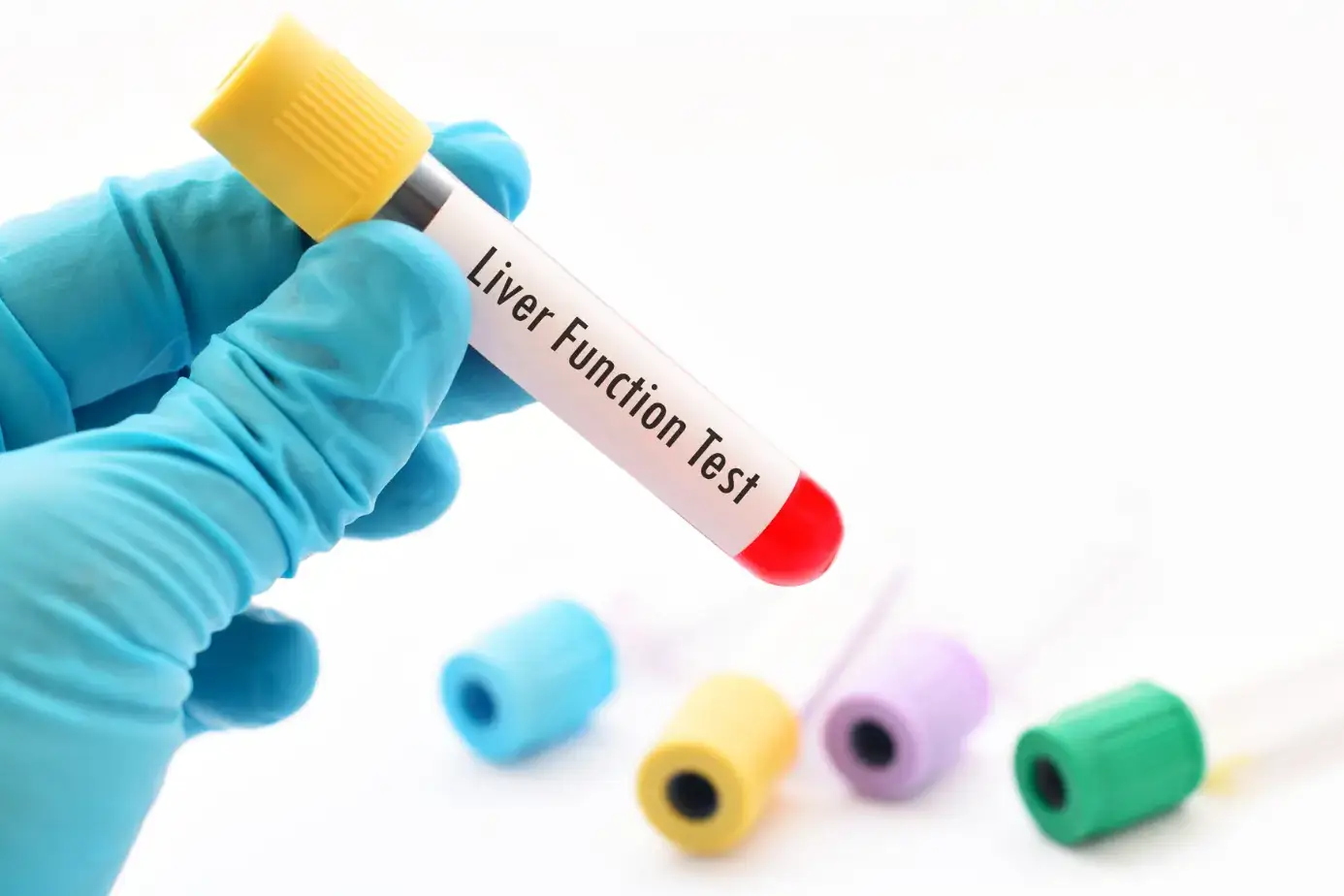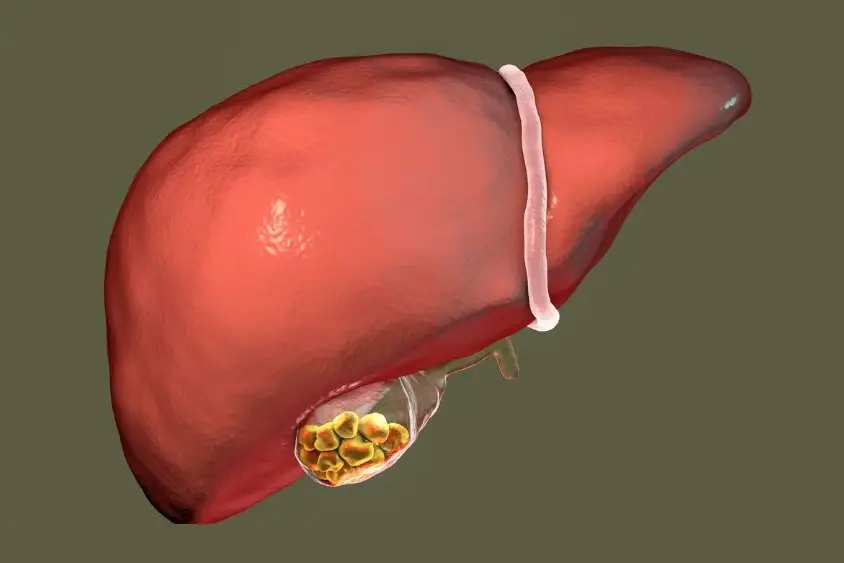Everyone gets gas. Most people pass gas up to 20 times every day due to this disease. When the rectum doesn’t discharge gas, it’s released via the mouth.
Table of Contents
ToggleGas symptoms can range from mild and sporadic to severe and painful. Although symptoms may appear after eating or drinking, not all gas is caused by food. Abdominal gas treatment can be an indication of a more severe condition.
Here’s an explanation of why gas happens, as well as some of the situations that might result in trapped gas in the digestive tract.
What are the symptoms of Stomach gas?
Gas produces a variety of bloated stomach treatment symptoms that differ from person to person. Typical symptoms include:
- Belching or burping
- Stomach cramps
- Stomach bloating or a feeling of fullness
- distention, or an increase in abdomen size.
- I’m experiencing chest pains.
You can treat stomach gas, which can be unpleasant, but it is seldom fatal. Most symptoms do not necessitate medical care and resolve on their own within a few minutes to a few hours.
What causes gas?
Gas might form in your stomach or your intestines. Gas in the stomach is frequently caused by swallowing too much air when eating or drinking. This can also occur if you:
- consume carbonated beverages or sodas
- consuming hard candies
- Chewing gum
- smoking
Furthermore, ill-fitting dentures might lead you to swallow more air than usual.
In such a case, your body would evacuate stomach gas by belching or burping. If you don’t burp, the air enters your intestines and discharges the anus as flatulence.
When natural bacteria break down some undigested food, gas forms in the large intestines, some meals are easier to digest. Sugar, fiber, and certain starches are not digested in the small intestines.
Instead, these nutrients pass through the small intestine and are broken down by regular microbes. This natural process generates hydrogen, carbon dioxide, and occasionally methane gas expelled from the rectum.

Treatment and prevention.
Even if you can’t entirely remove gas, you can reduce the quantity of gas your body generates with a remedy for bloated stomach and gas.
Prevention
Making dietary modifications is a great place to start. Keep a food diary to identify items that cause gas. Make a list of everything you eat and drink, and then keep track of any gas symptoms.
Next, progressively remove particular things from your diet one at a time to see if your gas improves, and then reintroduce these meals one at a time.
You can also avoid gas by taking in less air. Here are a few ideas to get you started:
- First, reduce your intake of sodas, beers, and other carbonated beverages.
- When eating and drinking, take your time.
- Chewing gum and hard sweets should be avoided.
- Drinking straws should not be used.
- Quit smoking.
- If you wear dentures, arrange an appointment with your dentist to ensure they fit correctly.
Medications
Along with lifestyle and dietary changes, specific medication for bloated stomach can help you manage symptoms.
For example, an over-the-counter (OTC) supplement containing alpha-galactosidase (such as Beano) can assist your body in breaking down carbs found in vegetables and beans. You’ll usually take the supplement before meals.
On the other hand, a lactase supplement can help your body digest the sugar in some dairy products, avoiding flatulence. Try an OTC gas reliever containing simethicone, such as Gas-X, if you already have gas. This chemical aids in the passage of gas via the digestive tract.
Activated charcoal may also help with the digestive tract’s gas and bloated stomach remedies. However, this supplement may interfere with the way your body absorbs pharmaceuticals, so see your doctor first if you are on any medications.
Other factors that influence gas
Gas can be an indication of a digestive problem. These are some examples:
Inflammatory bowel disease (IBD).
This word refers to chronic inflammation of the gas in the intestines treatment, encompassing ulcerative colitis and Crohn’s disease. Diarrhea, weight loss, and stomach pain that mimics gas pains are all symptoms.
Irritable bowel syndrome (IBS).
This disorder affects the large intestine and causes a range of symptoms, including cramps, bloating, gas, diarrhea, and constipation.
Bacterial overgrowth in the small intestine
This syndrome results in an overabundance of bacteria in the small intestine. It can also cause damage to the gut lining, making it harder for the body to absorb nutrients. Among the symptoms are:
- stomach ache
- Bloating
- diarrhea
- constipation
- gas.
- Belching
Food sensitivities.
If you have milk (lactose) or gluten sensitivity, your body may have difficulties digesting these meals. As a result, you may get gas or stomach discomfort after consuming foods containing these substances.
Constipation
Gas builds up in the belly due to infrequent bowel movements, causing gas discomfort and bloating. Constipation is defined as having fewer than three bowel motions per week. Increasing physical exercise and taking a fibre supplement might promote bowel contractions and relieve constipation.
Gastroesophageal reflux disease (GERD).
This happens when stomach acid backs up into the esophagus. Persistent heartburn is one of the symptoms of GERD.
Nausea, regurgitation, stomach discomfort, and gas-like indigestion
Internal hernias
This occurs when an internal organ protrudes into the abdomen’s peritoneal cavity hole. This illness is characterised by intermittent stomach discomfort, nausea, and vomiting.
Cancer of the colon.
Excess gas may be an early symptom of colon cancer, which grows in the large intestine.
When should you see a doctor?
If you only get gas after eating or drinking, and it goes away on its own or with over-the-counter medications, you probably don’t need to visit a doctor.
However, if you have severe gas that is chronic or interferes with your everyday activities, you should consult a doctor. Consult a doctor and get medication to help with bloating if you experience any other symptoms in addition to treatment for indigestion and gas.
Conclusion
Everybody has to deal with gas from time to time. And, in most situations, burping, passing gas, and bloating are minimal and do not interfere with daily activities. However, if you have more gas than usual or severe gas pains, consult Dr Nivedita Pandey to rule out a more serious issue.
About The Author

Medically reviewed by Dr. Nivedita Pandey, MD, DM (Gastroenterology)
Dr. Nivedita Pandey is a U.S.-trained gastroenterologist and hepatologist with extensive experience in diagnosing and treating liver diseases and gastrointestinal disorders. She specializes in liver enzyme abnormalities, fatty liver disease, hepatitis, cirrhosis, and digestive health.
All content is reviewed for medical accuracy and aligned with current clinical guidelines.





